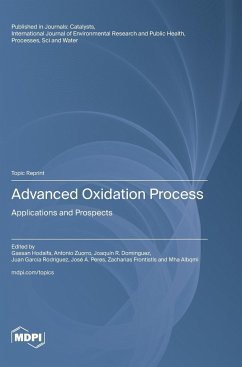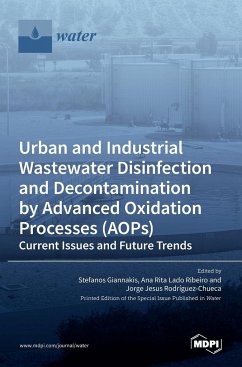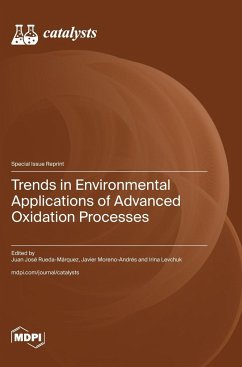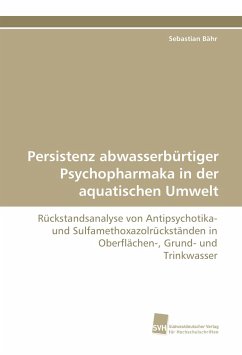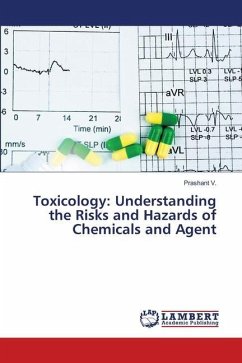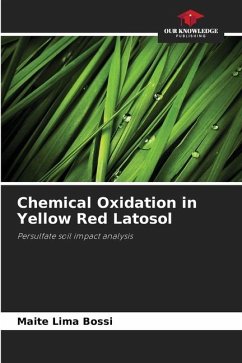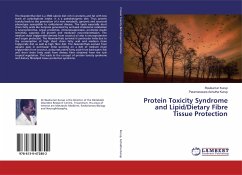
Toxicity of micropollutants during advanced oxidation processes
Versandkostenfrei!
Versandfertig in 6-10 Tagen
42,99 €
inkl. MwSt.

PAYBACK Punkte
21 °P sammeln!
The main source for the detection of organic micropollutants in surface water is their incomplete removal during conventional waste water treatment processes. The use of advanced oxidation processes might therefore be a useful method to overcome this problem, and to degrade micropollutnats by the formation of highly reactive hydroxyl radicals. This study was therefore designed to investigate the toxicological properties (cytotoxic, genotoxic, mutagenic and estrogenic) of several substances before and after ozonation or UV/H2O2 treatment in either waste water treatment plant effluents or HPLC-w...
The main source for the detection of organic micropollutants in surface water is their incomplete removal during conventional waste water treatment processes. The use of advanced oxidation processes might therefore be a useful method to overcome this problem, and to degrade micropollutnats by the formation of highly reactive hydroxyl radicals. This study was therefore designed to investigate the toxicological properties (cytotoxic, genotoxic, mutagenic and estrogenic) of several substances before and after ozonation or UV/H2O2 treatment in either waste water treatment plant effluents or HPLC-water using toxicological in vitro methods. In general it can be said that ozonation as well as the oxidation using a combination of UV radiation and hydrogen peroxide are two useful methods for the removal of the here tested substances from the effluents of waste water treatment plants in regard to their degradation and to prevent the formation of toxic oxidation by-products. The successful use of toxicological in vitro methods for the detection of biological effects of waste water treatment plant effluents in combination with advanced oxidation processes has also been shown.



